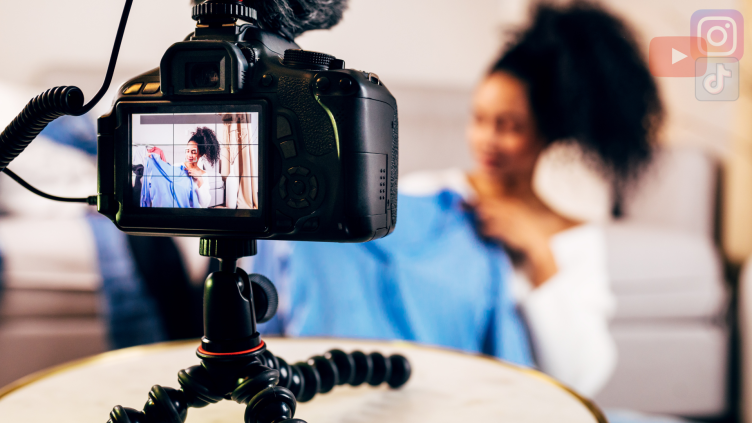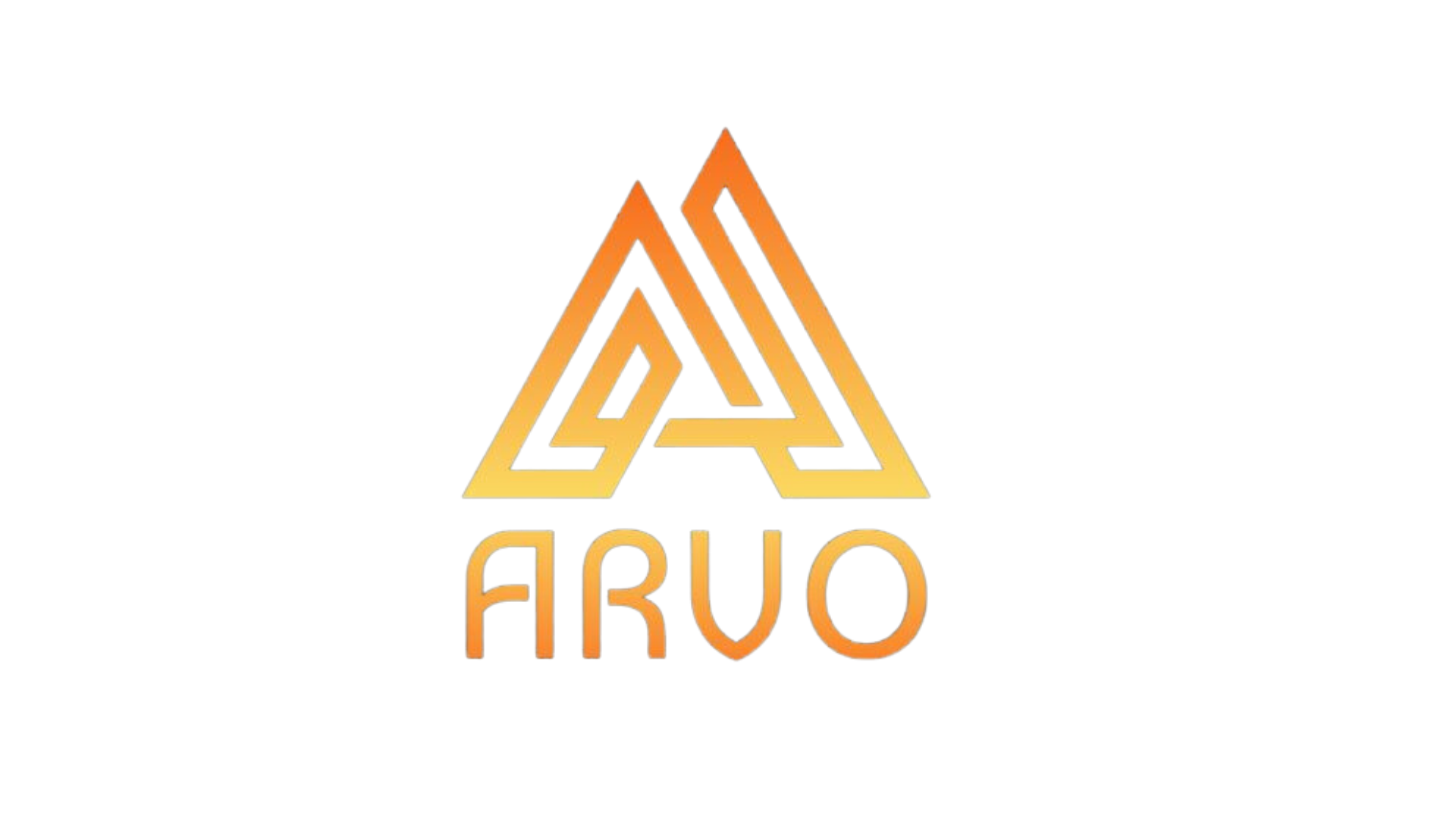
In today’s digital age, the fashion industry has experienced a paradigm shift in trend creation and dissemination. Social media platforms have become the new runways, with influencers emerging as pivotal figures in shaping the fashion landscape. Through their ability to captivate and influence millions of followers, influencers have revolutionized fashion, challenging traditional marketing strategies and ushering in a consumer-driven trend era. This article explores the immense power of influencers and their significant impact on the fashion industry.
Influencer culture has become an integral part of our lives. These individuals have harnessed the potential of social media platforms like Instagram, YouTube, and TikTok to build massive followings and establish themselves as authorities in the fashion realm. By sharing their personal styles, fashion tips, and product recommendations, influencers forge deeper connections with their audience than traditional media outlets. Their relatability and authenticity foster trust and loyalty among followers, positioning influencers as a formidable force in shaping consumer preferences
The rise of influencers has redefined fashion marketing. Previously, fashion brands relied heavily on traditional advertising and celebrity endorsements to promote their products. However, influencers have disrupted this model by offering a more organic and immersive approach to marketing. Their genuine passion for fashion and talent for curating visually appealing content allow them to seamlessly integrate branded products into their posts, stories, and videos. Influencer marketing feels natural and non-intrusive, enabling brands to effectively reach their target audience.
Moreover, influencers act as trendsetters and tastemakers. Their outfits, collaborations, and personal style choices become sources of inspiration for millions of followers seeking guidance in their fashion journeys. What an influencer wears today can become tomorrow’s must-have item, driving consumer demand, and dictating industry trends. Fashion brands now actively collaborate with influencers, recognizing their ability to amplify their message and generate buzz around new collections or product launches.
Influencers also provide a platform for niche fashion communities to flourish. They cater to specific interests and styles, creating a sense of belonging for individuals seeking representation in the fashion world. Influencers promote diversity, body positivity, and inclusivity, challenging traditional beauty standards and reshaping the industry’s landscape.
In conclusion, influencers wield immense power in shaping the fashion landscape. Their ability to connect with and influence millions of followers through social media has disrupted traditional marketing strategies and transformed the way trends are created and disseminated. With their relatability, authenticity, and role as trendsetters, influencers have become crucial players in the fashion industry, collaborating with brands and providing inspiration to fashion enthusiasts worldwide. The influence of these digital tastemakers is likely to continue growing, further shaping the fashion landscape in the years to come.

